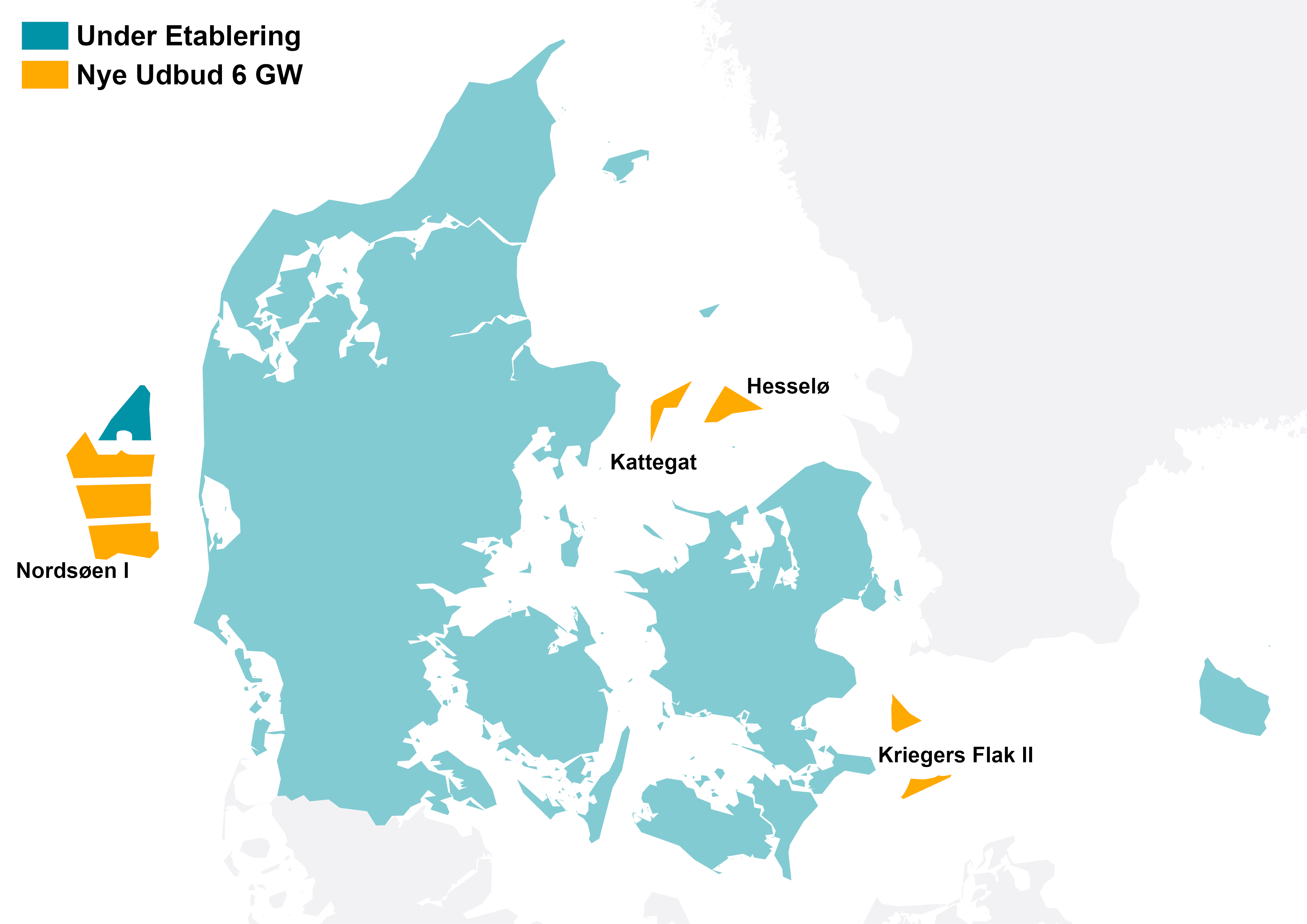UPDATE, 18:05: Politiken newspaper has now reported that the Immigration Service has ruled that Flavia Oregon can remain in Denmark while her family reunification application is being processed.
In an email to the newspaper, an Immigration Service spokesperson said: “Flavia Oregon does not need to travel home to file an application and can remain in Denmark during the process. We have contacted the family to inform them further.”
It has not yet been possible for The Copenhagen Post to get a reaction from Oregon.
ORIGINAL, 12:49: A Peruvian woman who has lived in Denmark for the past 10 years and that is married to a Danish man with whom she has an 18-month-old son, has been told to leave the country by January 12.
Flavia Oregon’s pending deportation has sparked uproar in the press and on social media. A photograph of the deportation date stamped in her passport has been shared almost 3,000 times since it was posted in Facebook on December 12, and a support ‘event’ on Facebook now has almost 8,000 attendees.
If 36-year-old Oregon does have to depart, Denmark would lose a highly qualified woman who has spent the last decade integrating into Danish society and who was about to start a new job.
“The rules are absurd, and it’s not just my case, there are lots of people who get caught in these situations,” Oregon told The Copenhagen Post in her Nørrebro flat. “There are many Danes who have got in touch with me and said their families were in the same situation and they had to leave Denmark.”
Oregon came to Denmark in 2002 as an exchange student, choosing Denmark, in part, because her mother in Peru has a Danish husband with whom she has lived for the past 17 years.
Oregon met her own Danish husband, Jens Henneberg Andersen, in 2007 and in 2008 she graduated from Aalborg University with a master’s degree in International Studies. She was subsequently granted a Green Card in January 2009 and secured a job at the Cuban Embassy the following March.
Oregon fell pregnant the following year, but it was a difficult pregnancy. After 21 months at the Cuban Embassy, and four months pregnant, she decided to go on sick leave.
In April 2010, a month before her son was born, Oregon applied to extend her Green Card. Seventeen months later, on November 21, her application was rejected because, immigration authorities told her, she had been unemployed for 12 months prior to the decision being made.
Oregon contends that the Agency for Labour Retention and International Recruitment, which makes decisions about work-related residence permits, failed to take several factors in to consideration in her application.
 Firstly, Oregon’s Green Card extension took 17 months to process, instead of the three month target set by the Employment Ministry. If the target had been met, she would only have been unemployed for three months in the 12 months before the decision was made.
Firstly, Oregon’s Green Card extension took 17 months to process, instead of the three month target set by the Employment Ministry. If the target had been met, she would only have been unemployed for three months in the 12 months before the decision was made.
Secondly, Oregon was on maternity leave for six of the 12 months prior to the decision being made this November.
“But as I’ve understood Danish law, you don’t consider maternity leave to be a period of unemployment; in almost every other field it’s considered a full-time job.”
The Green Card extension was Oregon’s only chance of being granted residency in Denmark despite the fact she had lived in Denmark for ten years, graduated from a Danish university, spoke Danish and had a Danish husband.
The application for family reunification she submitted in April 2011 was rejected because she hadn’t been employed full-time for three years, which was a prerequisite at the time. As a student, however, Oregon was only allowed work for a maximum 15 hours a week.
Changes to family reunification laws implemented in 2012 removed this hurdle. But because her Green Card extension application was taking such a long time to process, she was prevented from applying as it not permitted to have two immigration applications being considered at the same time.
Permanent residency was also out of the question since Oregon would have had to have lived in Denmark for seven years on the same type of residence permit. But because she switched from a student visa in 2008 to a Green Card in 2009, she did not qualify.
Oregon feels like she made all the right decisions all the way through. She accepted work when it was offered to her and looked after her son when he needed her.
“I have followed the rules and I have done so for ten years,” Oregon said. “But I ended up in a position where I had to choose between staying in work during a pregnancy that was making me sick the whole time, or take early maternity leave to look after myself and risk losing my residency and leave the country.”
 Oregon and her husband submitted an appeal this week, but so far neither the government nor the Agency for Labour Retention and International Recruitment have made any statements about the case despite the public attention.
Oregon and her husband submitted an appeal this week, but so far neither the government nor the Agency for Labour Retention and International Recruitment have made any statements about the case despite the public attention.
MP Johanne Schmidt-Nielsen (Enhedslisten) has issued her support for Oregon and her family, however.
“It’s another example of incomprehensible and bureaucratic immigration laws,” Schmidt-Nielsen wrote on Facebook. “I will take the case up with the employment minister. I hope the government realises how obviously meaningless it is to allow Flavia’s residency permit expire. I wonder if the government sees the sense in the legislation they support.”
Oregon was told of the rejection on December 12 after returning from a holiday with her son to Peru, her last holiday before her new job that was due to start on December 17.
If pressure to allow her to stay does not succeed, she’ll be returning to her home country sooner than she expected.
Update 19-12-2012, 15:10
Politiken newspaper this afternoon reported that employment minister, Mette Frederiksen (Socialdemokraterne), promised to re-examine immigration regulations and see if “there was a need to change the rules for the Green Card scheme”.
She added: “It sounds like this woman and her family face a tough situation. Most people can probably sympathise with them but I can’t comment on specific cases.”













